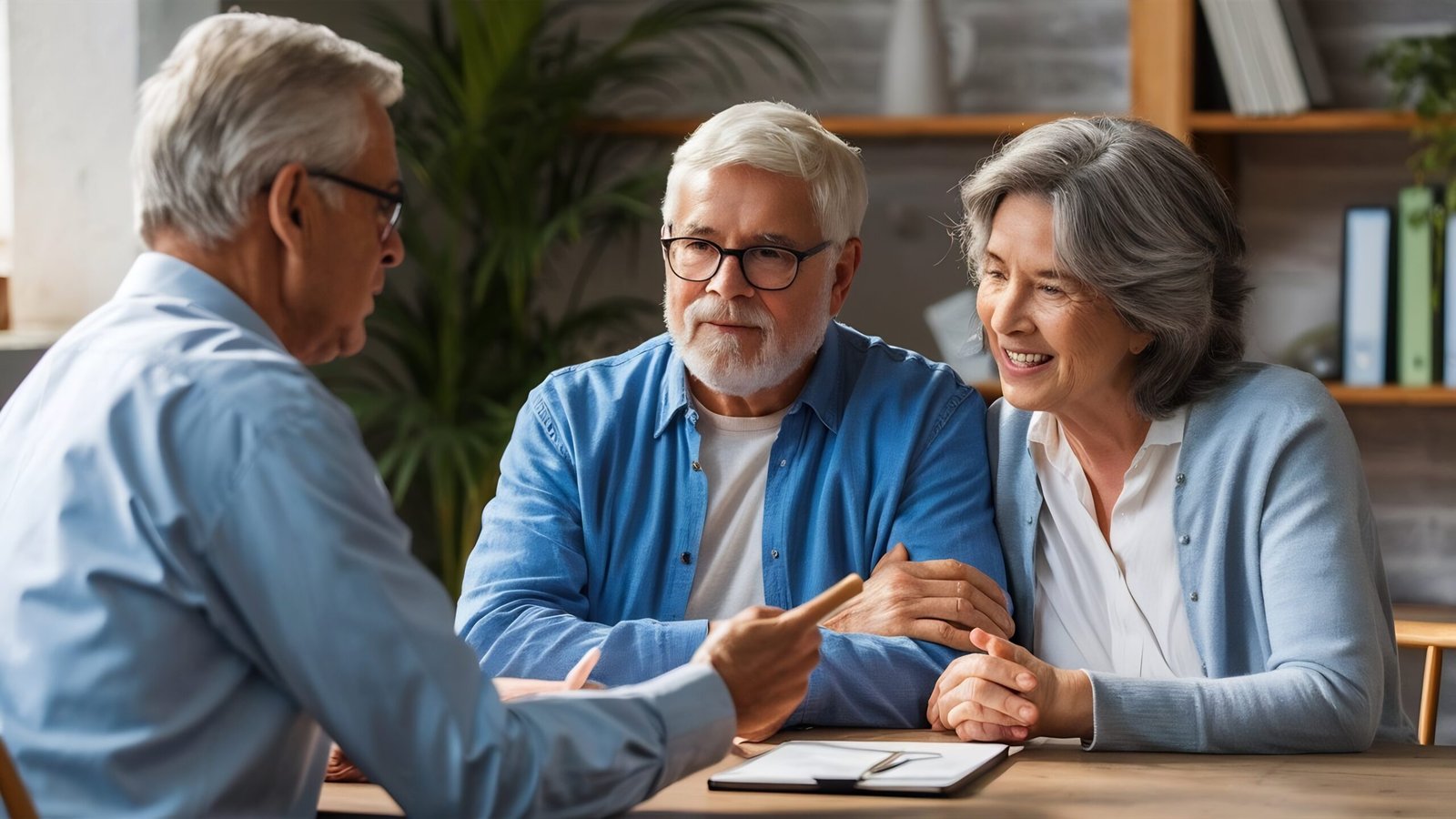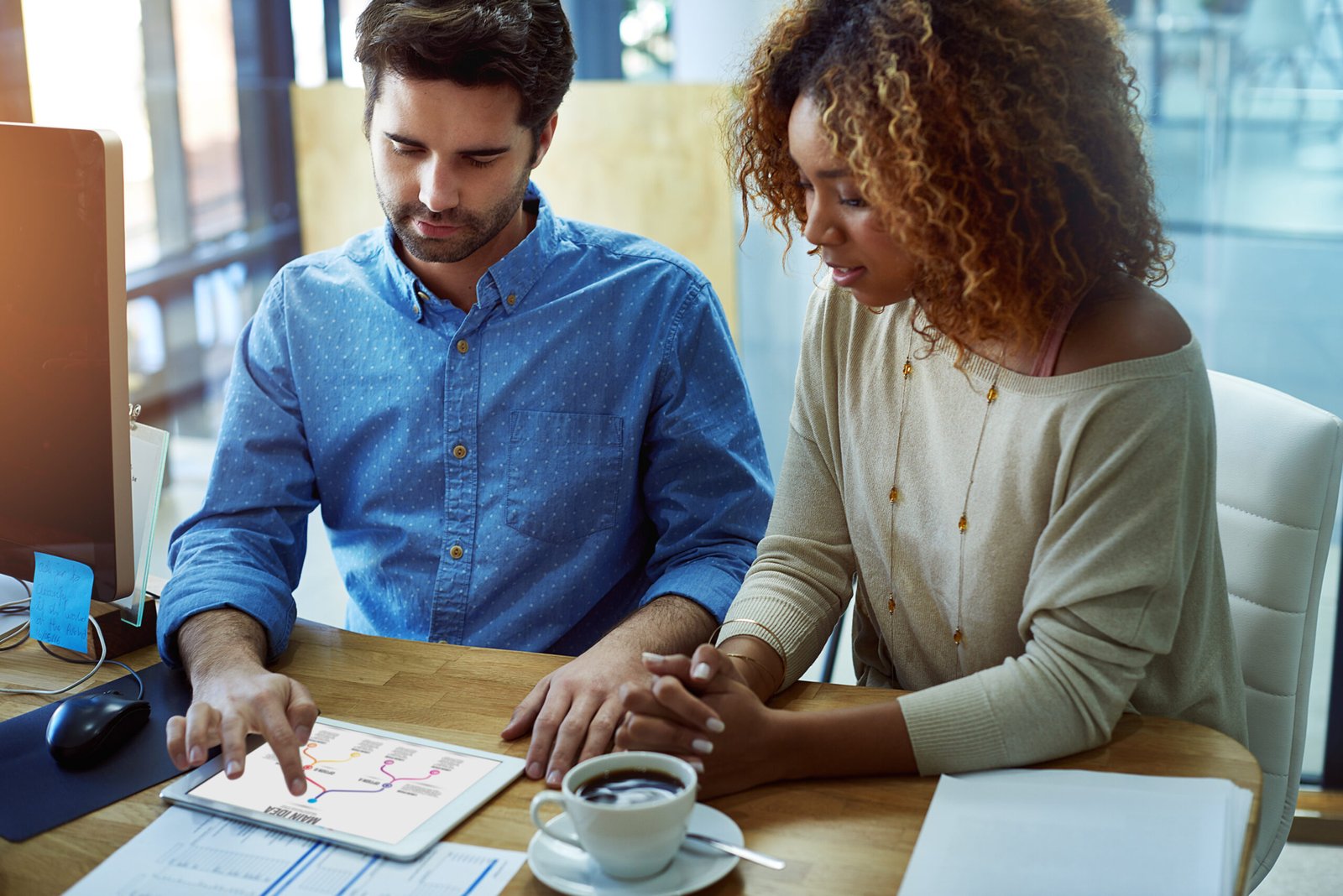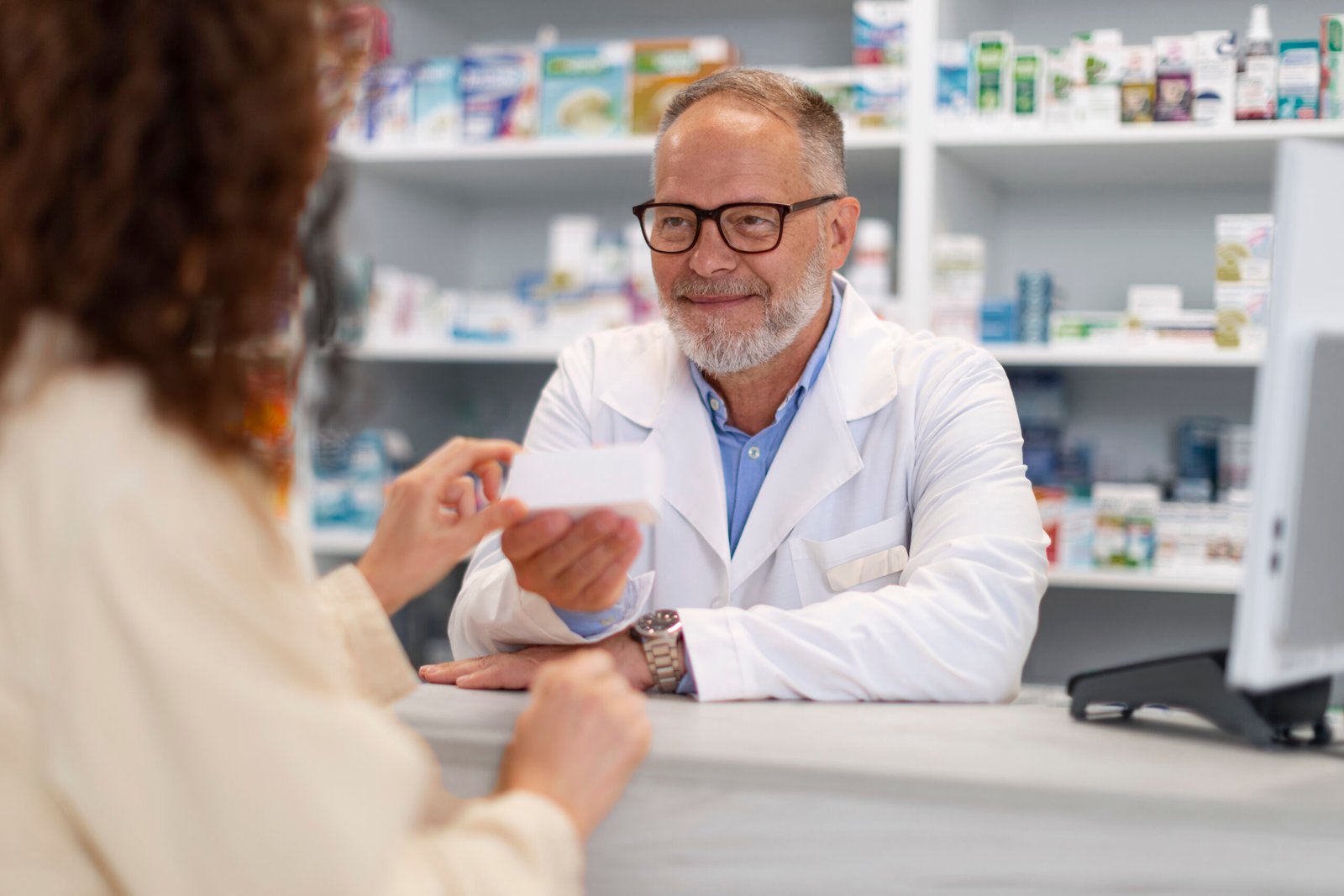
Boost Your Under-65 Sales with ICHRA and QSEHRA Strategies
Alternative health insurance arrangements have been steadily growing since the Affordable Care Act (ACA) in 2010 and the 21st Century Cures Act in 2016. These two pieces of legislation opened the door for Qualified Small Employer Health Reimbursement Arrangements (QSEHRA) and Individual Coverage Health Reimbursement Arrangements (ICHRA) two strong alternatives to traditional group health plans.
If you’re an agent looking for new ways to connect with employers and expand your under-65 business, now is the time to learn how ICHRA, QSEHRA, and group health plans compare. Small business owners need solutions, and you can be the expert they turn to for guidance.
ICHRA Overview for Insurance Agents
What is an ICHRA?
Individual Coverage Health Reimbursement Arrangements (ICHRA) allow employers of any size to reimburse employees for individual health insurance premiums and certain qualified medical expenses. These reimbursements are tax-free and have no annual contribution limits, giving employers flexibility and predictability in their benefits budget.
For employees, an ICHRA triggers a Special Enrollment Period (SEP), allowing them to purchase a plan from the ACA marketplace that meets their unique needs.
Why is ICHRA a game-changer?
- Employers can avoid rising group plan premiums by setting fixed contributions.
- Employees enjoy greater choice in their coverage.
- ICHRAs satisfy the ACA employer mandate for businesses with 50 or more employees.
How Agents Can Benefit
As an agent, you can help employers design and implement ICHRAs, then assist employees in choosing the right individual coverage. Each employee who enrolls through you represents a new client and a long-term relationship.
IAD Advantage: IAD provides resources, marketing tools, and enrollment support to help you confidently approach small- to mid-size employers about ICHRAs.
QSEHRA Overview for Insurance Agents
What is a QSEHRA?
Qualified Small Employer Health Reimbursement Arrangements (QSEHRA) work similarly to ICHRA but are only available for employers with fewer than 50 full-time employees. Employers can reimburse employees for premiums and some out-of-pocket costs, up to IRS annual maximums:
- $6,350 per year for individual coverage
- $12,450 per year for family coverage (2025 limits)
QSEHRA reimbursements are also tax-free and give small businesses more flexibility than traditional group health insurance.
How Agents Can Benefit
You can partner with small employers to establish QSEHRAs and then assist employees in navigating the marketplace.
- Market your services directly to local businesses.
- Position yourself as the go-to resource for plan selection and maximizing employer contributions.
- Build trust with small business owners and their employees leading to more ACA enrollments and cross-selling opportunities.
IAD Advantage: We’ll show you how to prospect, educate, and close QSEHRA opportunities while supporting your employees’ marketplace enrollments.
Group Health Plans: Still Relevant but Changing
What is group health insurance?
Traditional group health plans are employer-sponsored policies covering a defined group of employees. These plans are common, but they come with rising costs and limited flexibility for employers.
What about SHOP plans?
The ACA’s Small Business Health Options Program (SHOP) allows small employers to provide group health coverage through the marketplace. However, SHOP plans are not available in all states and have stricter participation requirements.
How Agents Can Benefit
If you are licensed and appointed with group health carriers, you can still generate strong revenue through group plan sales. But keep in mind that many small businesses are moving away from group health in favor of QSEHRA or ICHRA because they:
- Offer employees more coverage choices.
- Allow employers to control costs with fixed contributions.
- Reduce exposure to annual premium increases.
IAD Advantage: We can help you stay competitive by diversifying your offerings so you can lead the conversation whether an employer is considering group health, ICHRA, or QSEHRA.
ICHRA vs. QSEHRA: Key Differences at a Glance
| Feature | ICHRA | QSEHRA |
|---|---|---|
| Employer size | Any size | Fewer than 50 full-time employees |
| Contribution limits | No annual maximum | $6,350 (individual) / $12,450 (family) in 2025 |
| Minimum contributions | None | None |
| ACA employer mandate | Satisfies mandate (50+ employees) | Does not apply |
| Employee choice | Employees buy individual coverage | Employees buy individual coverage |
Why Agents Should Care: Fresh Sales Opportunities
Both ICHRAs and QSEHRAs open doors to brand-new relationships with local employers and their employees. These arrangements often lead to:
- New ACA or under-65 enrollments.
- Opportunities to cross-sell life, dental, vision, or ancillary products.
- Long-term client loyalty as employees turn to you each year for plan guidance.
How IAD Helps You Win:
- Training: Learn how to prospect and present these solutions effectively.
- Marketing Tools: Ready-to-use flyers, email templates, and social content to target local employers.
- Enrollment Support: Guidance on ACA enrollments, special enrollment periods, and compliance requirements.
Ready to Tap into the Under-65 Market?
As an IAD agent, you’re not alone. Whether your clients are best served by a group health plan, ICHRA, or QSEHRA, we’ll help you expand your product portfolio, build stronger community relationships, and capture new revenue opportunities.
Become an IAD Agent Today or contact our sales support team to learn how to leverage ICHRAs and QSEHRAs in your market!




































































































































































